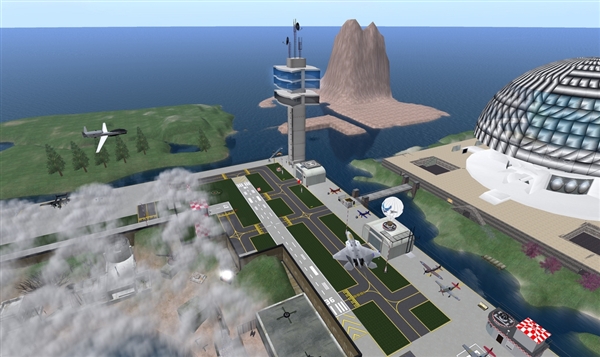WASHINGTON, May 15, 2011 — While acknowledging concerns about intelligence leading up to the May 1 raid that killed 9/11-attack mastermind and al-Qaida leader Osama bin Laden in Pakistan, Defense Secretary Robert M. Gates called President Barack Obama’s decision to move forward “gutsy.”
“I was very concerned,” Gates said in an interview that aired tonight on the CBS program “60 Minutes.” “Frankly, I had real reservations about the intelligence.”
Gates told CBS correspondent Katie Couric he worried that bin Laden was not even in the compound and that American lives were at risk, noting the intelligence was circumstantial. Still, the secretary said, it likely was the best lead the Defense Department and White House had on bin Laden’s whereabouts in a decade. “I think everybody agreed that we needed to act, and act promptly,” he said of Obama’s national security team.
Gates praised Obama’s decision to move forward with the operation despite the lack of certainty in the intelligence, calling the results a game-changer in the war in Afghanistan. “This is one of the most outrageous calls, decisions, that I think I’ve ever seen a president make,” said Gates, who has served eight presidents in his public life. “For all of the concerns I just talked about — the uncertainty, the intelligence, the consequences of it going bad, the risk, the lives of Americans involved — it was a very gutsy call.” Although it’s still too early to tell whether bin Laden’s death will affect troop withdrawal in Afghanistan, Gates said, “I think we could be in a position by the end of this year where we have turned the corner in Afghanistan and more troops could come home.”
Gates explained that the militant Taliban could reconcile with the Afghan government by year’s end, and the past 18 months of progress could ensure that neither the Taliban nor al-Qaida re-emerges as a threat in Afghanistan.
The war in Afghanistan is only part of Gates’ historical tenure as defense secretary. When he retires later this summer, he noted, will have overseen wars in Iraq and Afghanistan at some of the most promising and doubtful periods of each war. And through it all, he said, his highest priority was to ensure the safety of troops by making sure they had what they needed to accomplish their mission.
“If you’re in a war, and kids’ lives are at stake, you do whatever is necessary to protect them and help them accomplish their mission,” Gates said, explaining his decision to spend more than $40 billion on the mine-resistant, ambush-protected vehicle designed specifically to protect occupants from roadside bombs. The MRAP, he noted, has saved thousands of lives.
“I think of [troops] as my own sons and daughters,” he said. “I’m the guy that signs the piece of paper that sends them. I’m the guy that signs the condolence letters. I’m the guy that visits them in the hospital.
“It’s very emotional for me,” he continued. “They are the best. I want the parents, the wives, the spouses to know that I care about every single one of them.”
Source:
U.S. Department of Defense
Office of the Assistant Secretary of Defense (Public Affairs)

 von
von 